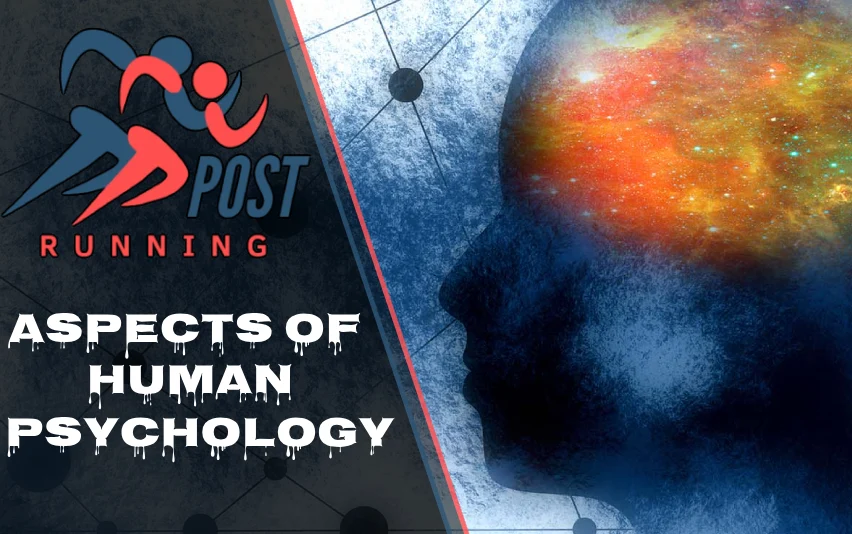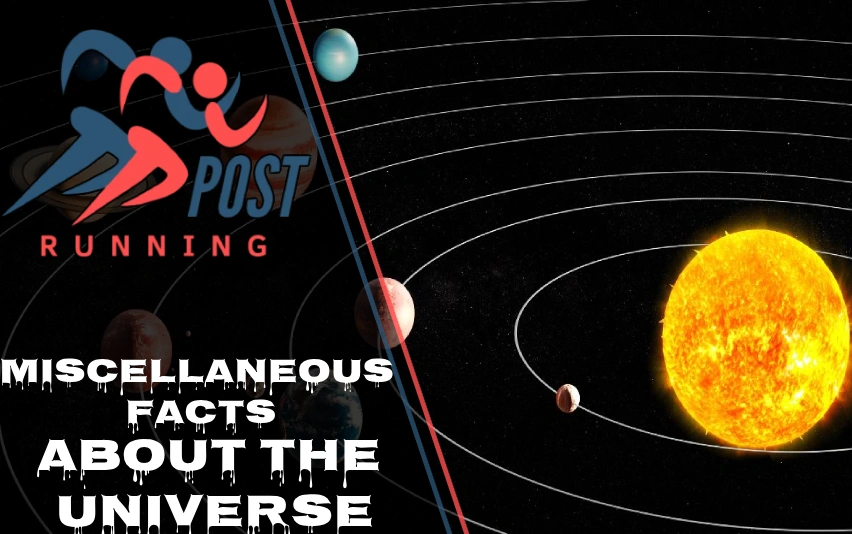The human mind is a fascinating realm, filled with intricate patterns and complex processes that shape our thoughts, emotions, and behaviors. Miscellaneous aspects of human psychology offer a window into this vast landscape, providing insights that help us understand ourselves and others better. From the way we perceive the world to how we form memories and make decisions, these diverse elements of psychology paint a rich picture of the human experience.
Introduction
Human psychology is a field as broad and deep as the human mind itself. It encompasses everything from our basic instincts to our most complex thoughts and emotions. Understanding the miscellaneous aspects of human psychology is like piecing together a giant puzzle, where each piece reveals something new about how we think, feel, and behave.
At its core, psychology seeks to unravel the mysteries of the mind. It’s not just about understanding mental health issues or analyzing behavior. It’s about grasping the very essence of what makes us human. By exploring various psychological aspects, including personality, cognition, emotions, and behavior, we gain valuable insights into why we do what we do and how we can improve our lives and relationships.
Who is Miscellaneous Aspects of Human Psychology?
When we talk about “miscellaneous aspects of human psychology,” we’re not referring to a person but rather a collection of diverse elements within the field of psychology. It’s like looking at a mosaic made up of many different tiles, each representing a unique facet of the human mind and behavior.
These miscellaneous aspects are crucial in understanding human behavior and mental processes. They cover a wide range of topics, from how we process information to how we interact with others. By studying these various elements, psychologists can build a more comprehensive picture of how the mind works, helping us to better understand ourselves and improve our interactions with the world around us.
Key Concepts in Human Psychology
Let’s dive into some of the key concepts that make up the miscellaneous aspects of human psychology:
Perception
Perception is like the lens through which we view the world. It’s how our brain interprets the information coming in through our senses. For example, when you see a red apple, your brain isn’t just registering color and shape. It’s also drawing on past experiences and knowledge to recognize it as an apple and associate it with characteristics like taste and texture.
Memory
Memory is our brain’s filing system. It’s how we encode, store, and retrieve information. But it’s not just about remembering facts. Our memories shape our identities and influence our decisions. For instance, your childhood memories of family vacations might influence your choice of vacation spots as an adult.
Emotional Intelligence
Emotional intelligence is like having a skilled conductor for the orchestra of your emotions. It involves recognizing and managing your own emotions, as well as understanding and responding to the emotions of others. Someone with high emotional intelligence might be great at defusing tense situations or motivating a team.
Motivation
Motivation is the engine that drives our behavior. It can come from within (intrinsic) or from external factors (extrinsic). For example, you might exercise because you enjoy it (intrinsic) or because you want to win a competition (extrinsic).
Personality Traits
Personality traits are the enduring characteristics that make each of us unique. The Big Five traits (openness, conscientiousness, extraversion, agreeableness, and neuroticism) are like the primary colors of personality, mixing in different ways to create our individual profiles.
Early Theories and Perspectives
The field of psychology has evolved over time, with various theories and perspectives shaping our understanding:
Structuralism
Structuralism was one of the earliest approaches in psychology. It aimed to break down conscious experiences into their most basic elements, much like chemists break down compounds into elements. While this approach is no longer widely used, it laid the groundwork for scientific psychology.
Functionalism
Functionalism shifted the focus to how mental processes help us adapt to our environment. It’s like looking at the mind as a toolbox, with each mental process serving a specific function in helping us navigate life.
Psychoanalysis
Sigmund Freud’s psychoanalysis delved into the unconscious mind, emphasizing the importance of childhood experiences in shaping adult behavior. It’s like exploring the hidden depths of an iceberg, where most of our mental processes lie beneath the surface.
Behaviorism
Behaviorism focused on observable behavior, studying how we learn through conditioning. It’s like looking at humans as complex machines, responding to stimuli in predictable ways based on past experiences.
Humanistic Psychology
Humanistic psychology emphasized personal growth and self-actualization. It’s like viewing humans as seeds, with the potential to grow and flourish under the right conditions.
Applications of Human Psychology
The miscellaneous aspects of human psychology have numerous practical applications:
- Mental health assessment and treatment: Psychologists use their understanding of human behavior to diagnose and treat mental health issues, helping people lead happier, more fulfilling lives.
- Educational settings: Psychology helps educators understand how people learn, leading to more effective teaching methods and learning environments.
- Workplace productivity: Psychological principles are applied in businesses to improve employee motivation, team dynamics, and overall productivity.
Timeline of Career and Achievements in Psychology
| Year/Period | Key Milestone/Event |
|---|---|
| Late 1800s | Emergence of structuralism and functionalism as early schools of thought |
| Early 1900s | Freud introduces psychoanalysis; behaviorism gains traction |
| Mid-1900s | Rise of humanistic psychology and cognitive revolution |
| Modern Era | Integration of neuroscience with psychology for deeper insights |
This timeline shows how psychology has evolved, constantly building on previous knowledge to deepen our understanding of the human mind.
Miscellaneous Topics in Psychology
Beyond the core concepts, there are many fascinating areas of study in psychology:
Comparative psychology looks at behavior across different species to better understand human actions. It’s like studying different dialects to understand the core principles of language.
Research on instincts, motivation, social interactions, and consciousness continues to push the boundaries of our understanding. For instance, studies on social media behavior are revealing new insights into how we form relationships and express ourselves in the digital age.
Key Figures in Psychology
| Name | Contribution |
|---|---|
| Sigmund Freud | Founder of psychoanalysis |
| B.F. Skinner | Pioneer of operant conditioning |
| Carl Rogers | Key figure in humanistic psychology |
| Ivan Pavlov | Known for classical conditioning |
These pioneers laid the foundation for much of modern psychology, each contributing unique perspectives that continue to influence the field today.
Conclusion
The miscellaneous aspects of human psychology offer a rich tapestry of insights into the human mind and behavior. From the way we perceive the world to how we form memories, make decisions, and interact with others, these diverse elements of psychology help us understand what makes us uniquely human.
By studying these various aspects, we gain valuable tools for improving our lives, relationships, and society as a whole. Whether it’s in education, healthcare, or personal development, the insights from psychology can be applied to create positive change.
As we continue to explore the miscellaneous aspects of human psychology, we open doors to new understanding and possibilities. Each discovery not only adds to our knowledge but also provides practical applications that can enhance our daily lives and interactions.
The journey into the human mind is ongoing, with each new finding adding another piece to the puzzle of human behavior. As we delve deeper into these miscellaneous aspects, we not only learn more about psychology but also about ourselves and our place in the world.
Discover more fascinating insights—explore Running Posts Today.















